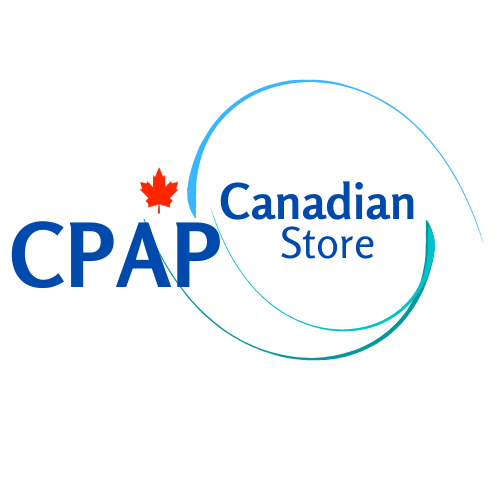Dry mouth is a common issue for CPAP (Continuous Positive Airway Pressure) users. It can be uncomfortable and may even interfere with the effectiveness of your sleep apnea therapy. In this blog post, we will explore the causes of CPAP dry mouth and provide practical tips on how to prevent and treat this issue to ensure a more comfortable and effective therapy experience.
Understanding CPAP Dry Mouth
CPAP dry mouth occurs when the airflow from the CPAP machine causes your mouth to dry out. This can happen for several reasons, including mouth breathing, air leaks from the mask, and low humidity levels in the CPAP air. Understanding the causes can help you take the right steps to prevent and treat dry mouth.
Common Causes of CPAP Dry Mouth
- Mouth Breathing: Breathing through your mouth instead of your nose can cause your mouth to dry out, especially when using a CPAP machine.
- Air Leaks: Poor mask fit can lead to air leaks, which can dry out your mouth and throat.
- Low Humidity: Insufficient humidity in the CPAP airflow can cause dryness in the airways.
- Nasal Congestion: Nasal congestion can force you to breathe through your mouth, leading to dry mouth.
Tips to Prevent CPAP Dry Mouth
1. Use a Humidifier
Adding a humidifier to your CPAP machine can significantly reduce dryness. Many CPAP machines come with built-in humidifiers, or you can add a standalone humidifier. Adjust the humidity level to find the setting that provides the most comfort.
2. Use a Heated Tube
A heated CPAP tube can help maintain the humidity level in the airflow, preventing the air from becoming too dry as it travels through the tube to your mask.
3. Consider a Full-Face Mask
If you are a mouth breather, using a full-face mask that covers both your nose and mouth can help prevent dry mouth by ensuring the airflow is properly distributed.
4. Use a Chin Strap
A chin strap can help keep your mouth closed during sleep, encouraging nasal breathing and reducing the likelihood of dry mouth.
5. Address Nasal Congestion
If nasal congestion is forcing you to breathe through your mouth, use a saline nasal spray or a decongestant to clear your nasal passages before bed.
Treating CPAP Dry Mouth
1. Stay Hydrated
Drink plenty of water throughout the day to stay hydrated. Keep a glass of water by your bedside to sip if you wake up with a dry mouth.
2. Use a Mouth Moisturizer
Mouth moisturizers and oral sprays can provide temporary relief from dry mouth. These products are available over-the-counter and can be used before bed and as needed during the night.
3. Adjust Your CPAP Settings
Consult your healthcare provider to adjust your CPAP settings. Sometimes, small adjustments to the pressure or humidity settings can make a big difference in reducing dry mouth.
4. Regularly Clean Your Equipment
Regularly clean your CPAP mask, tubing, and humidifier to prevent the buildup of bacteria and ensure optimal performance. Use CPAP-specific cleaning products or mild soap and water.
When to Consult Your Healthcare Provider
If you continue to experience dry mouth despite trying these tips, consult your healthcare provider. They can help identify any underlying issues and recommend additional treatments or adjustments to your CPAP therapy.
Conclusion
CPAP dry mouth can be an uncomfortable side effect of sleep apnea therapy, but it is manageable with the right strategies. By using a humidifier, ensuring a proper mask fit, and addressing nasal congestion, you can prevent and treat dry mouth to ensure a more comfortable and effective CPAP therapy experience. If you have any questions or need further assistance, consult your healthcare provider or CPAP supplier for personalized advice and support.

